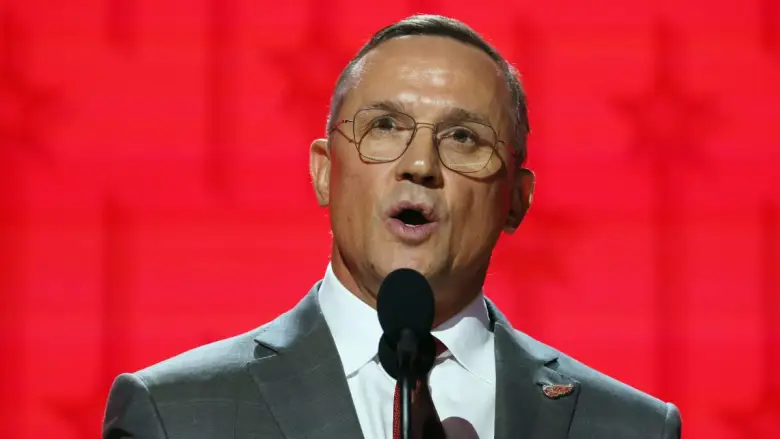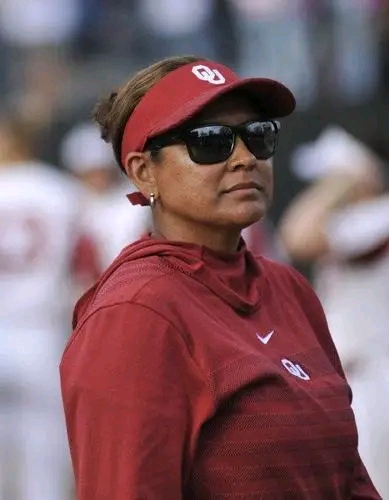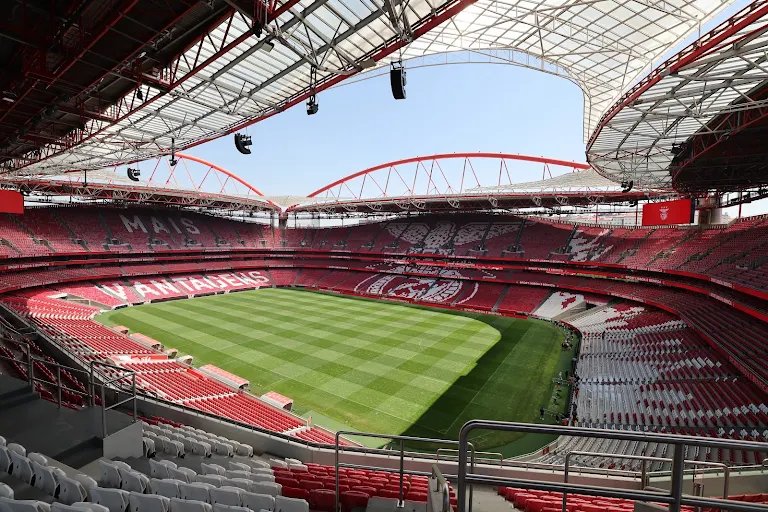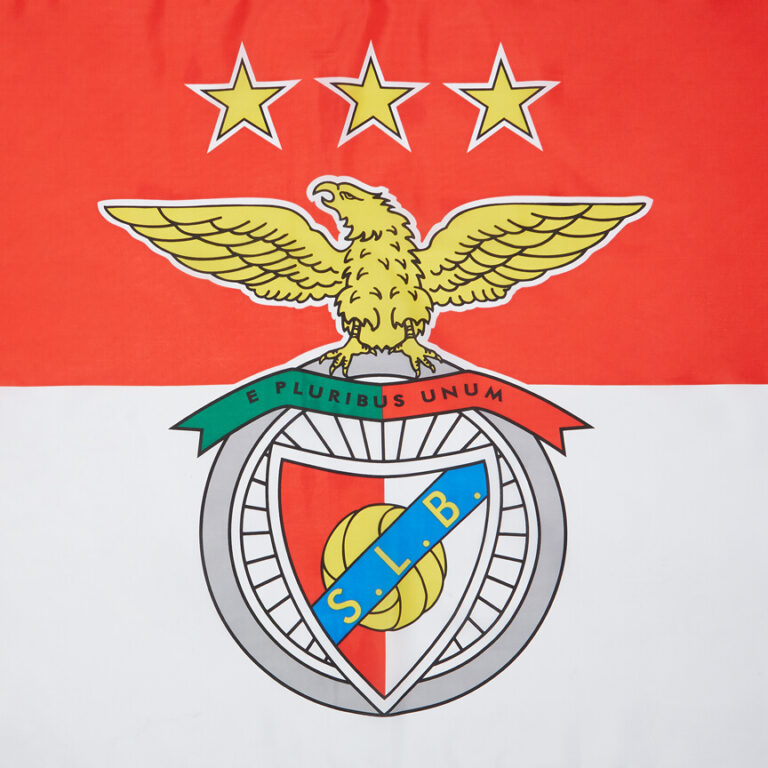
The Detroit Red Wings, amid a multi-year rebuild under General Manager Steve Yzerman, continue to weigh their financial commitments and roster structure as they attempt to transition from a rebuilding franchise to a legitimate playoff contender. One name has recently come into the spotlight in the context of roster management and salary cap considerations: defenseman Justin Holl, whose $10.2 million contract has led to speculation that he could be a top candidate for a buyout this offseason.
Holl signed a three-year, $10.2 million contract with the Red Wings in July 2023, carrying an annual cap hit of $3.4 million. The contract raised eyebrows at the time, as the former Toronto Maple Leafs defenseman was coming off an inconsistent season. While Holl had been a dependable penalty killer and had logged solid minutes in Toronto, his struggles in puck management and defensive-zone coverage sparked debate about his value at that price point.
Over the 2024–25 season, Holl’s performance has done little to silence critics. He has often found himself as a healthy scratch or buried on the third pairing, unable to carve out a consistent role on a team looking for more dynamic blue-line options. The emergence of younger, cheaper defensemen within the Red Wings’ pipeline—such as Simon Edvinsson and Albert Johansson—has only intensified the scrutiny over Holl’s place on the roster.
From a financial perspective, a buyout of Holl’s contract could provide Detroit with flexibility. According to the NHL’s collective bargaining agreement, a buyout of a player under 35 years of age costs one-third of the remaining salary spread over twice the length of the contract remaining. With two years left on Holl’s deal, a buyout this offseason would reduce his cap hit to just over $1.1 million annually for four years—offering a savings of roughly $2.3 million per year over the next two seasons. That kind of relief could be reinvested in other areas, such as bolstering the team’s offense or adding depth in goal.
The argument in favor of a buyout also hinges on opportunity cost. The Red Wings have several prospects knocking on the door of full-time NHL roles, and roster space is increasingly at a premium. Keeping a veteran like Holl in the lineup or even on the bench potentially takes away developmental opportunities from players with higher ceilings. In that light, parting ways with Holl via a buyout could be seen not as an admission of failure, but as a calculated move toward accelerated progress.
However, buyouts come with their own risks. They impose lingering cap penalties that can hinder flexibility in future seasons. Additionally, buying out a player less than a year into a three-year deal may be perceived as a black mark on the front office’s decision-making, especially when the contract was signed under Yzerman’s regime. While Yzerman has built a reputation for shrewd long-term planning, this move would stand out as a misstep unless offset by strategic reinvestment and immediate improvement elsewhere on the roster.
There’s also the human element. Holl is known as a well-liked teammate and a professional in the locker room. Cutting ties with a veteran who brings leadership and a positive attitude—albeit in a limited on-ice role—can impact team chemistry, particularly in a locker room full of young players still finding their footing in the league.
Nonetheless, as the Red Wings seek to push toward playoff contention and shed the mediocrity that has defined recent seasons, difficult decisions are inevitable. Cap management is a crucial part of modern team-building, and when a contract is no longer aligned with performance or role, it becomes a burden that needs to be addressed.
Insiders and analysts close to the team suggest that barring a dramatic turnaround in form or a surprise trade partner, Holl is the most logical candidate for a buyout on Detroit’s roster. As the offseason nears, the front office will have to weigh performance, financial impact, and future roster construction when determining whether to cut ties.
Should the Red Wings move forward with the buyout, it would mark a rare but decisive correction in Yzerman’s tenure—one that may ultimately open doors for younger talent and better align the team with its long-term ambitions.



